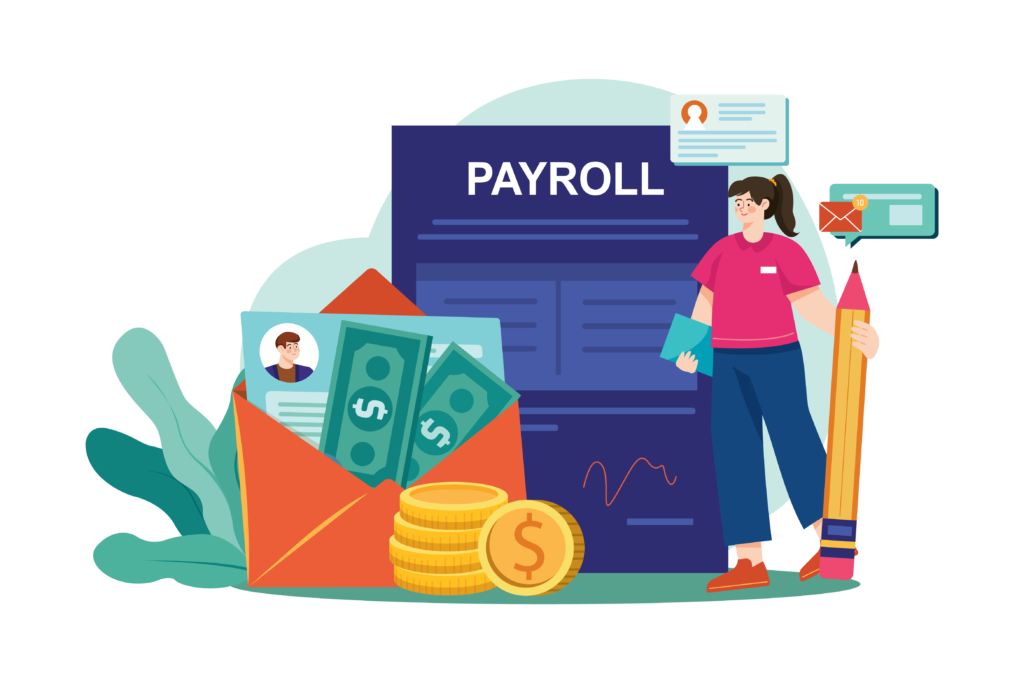What is IR35 and the new Off-Payroll Tax?

IR35 is a word used to describe two sets of tax legislation that are designed to combat tax avoidance by workers, and the firms hiring them, who are supplying their services to clients via an intermediary, such as a limited company, but who would be an employee if the intermediary was not used.
Such workers are called ‘deemed employees’ by HMRC. If caught by IR35, they have to pay income tax and National Insurance Contributions (NICs) as if they were employed. The financial impact of IR35 is significant. It can reduce the worker’s net income by up to 25%, costing the typical limited company contractor thousands of pounds in additional income tax and NICs.
IR35 was introduced to tackle the problem of ‘deemed employment’. This is where organisations engage workers on a self-employed basis and usually through an intermediary, rather than on an employment contract, so they become deemed, or “disguised”, employees. This can save the engaging organisation a significant amount of cash as they no longer have to pay employers’ NICs of 13.8% or the Apprenticeship Levy of 0.5%, and it also means they do not have to offer any employment rights or benefits.
IR35 is a set of tax laws which form part of the Finance Act. The first piece of legislation came into force in April 2000 and is properly known as the Intermediaries Legislation. The income tax element of the Intermediaries Legislation has subsequently been integrated into the Income Tax (Earnings and Pensions) Act 2003 (ITEPA 2003), and the NICs element into the Social Security Contributions (Intermediaries) Regulations 2000.
New Off-Payroll rules
Despite having been in force since April 2000, IR35 is heavily criticised by tax experts and the business community as being poorly conceived, badly implemented by HMRC and causing unnecessary costs and hardships for genuine small businesses. This is why Government is replacing the original IR35 legislation with the new Off-Payroll Tax, which was initially introduced into the public sector in April 2017, and will be extended to the private sector from 6 April 2021.
They were an admission by HMRC that the original rules were unenforceable. Whilst they both contain the common theme of “deemed employment”, the newer rules introduce a different set of tax treatment, meaning that firms will now have to assess the contractors status, but, more importantly, pay employment taxes on top of the fees paid to the contractor. This new tax is now widely referred to as the “Off-Payroll Tax”.
If you are a genuine contractor, freelancer, interim or consultant who is in business on your own account, you should have nothing to fear from IR35. For firms that hire contractors, where the new Off-Payroll Tax needs to be considered, they should also not fear the new legislation, provided they take the correct steps when hiring and engaging their contractors.
For those requiring further information, Cangaf Ltd is the solution. Reach out now for a free quote, and we’ll assist you with your accounting requirements effectively!
